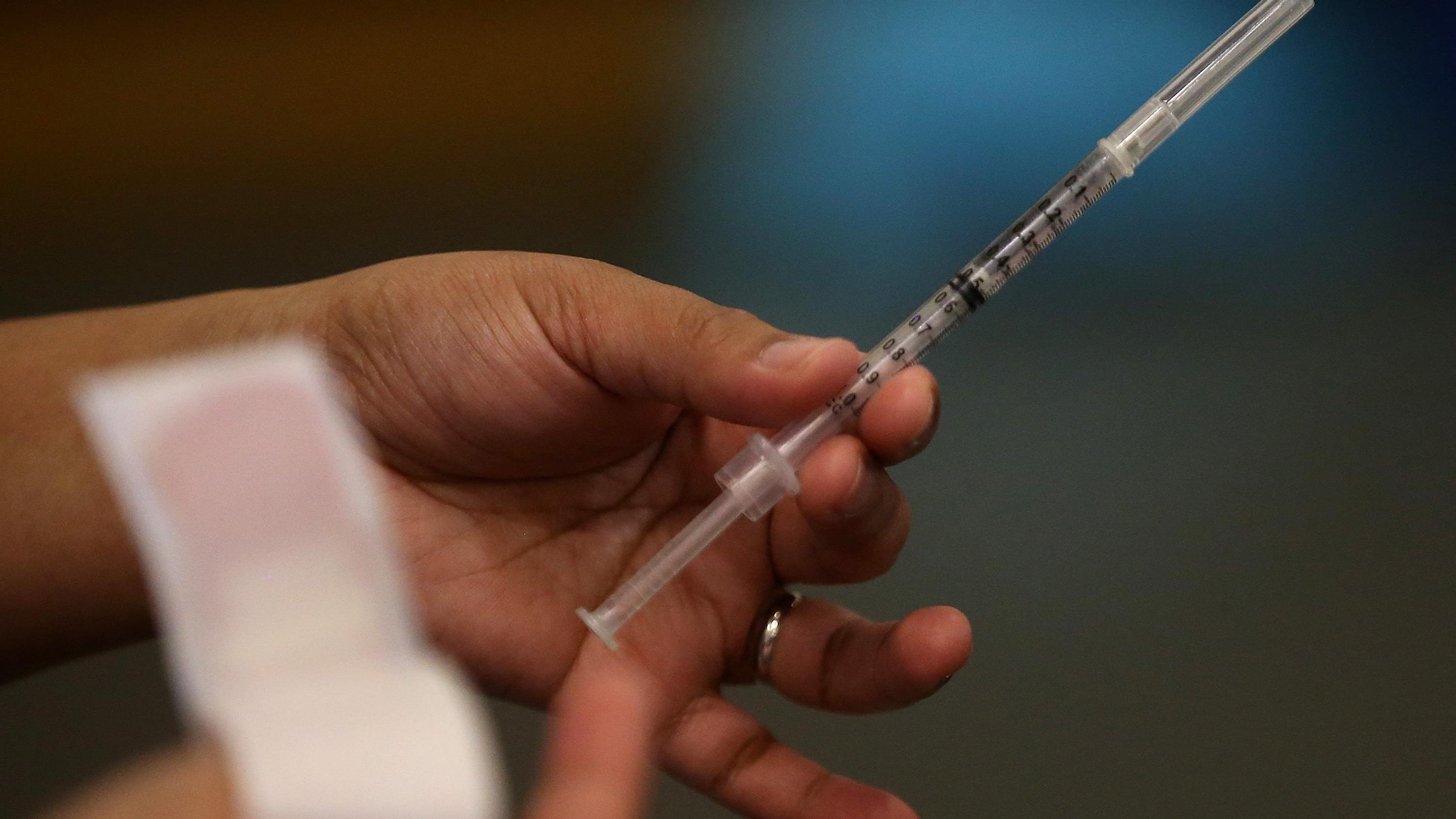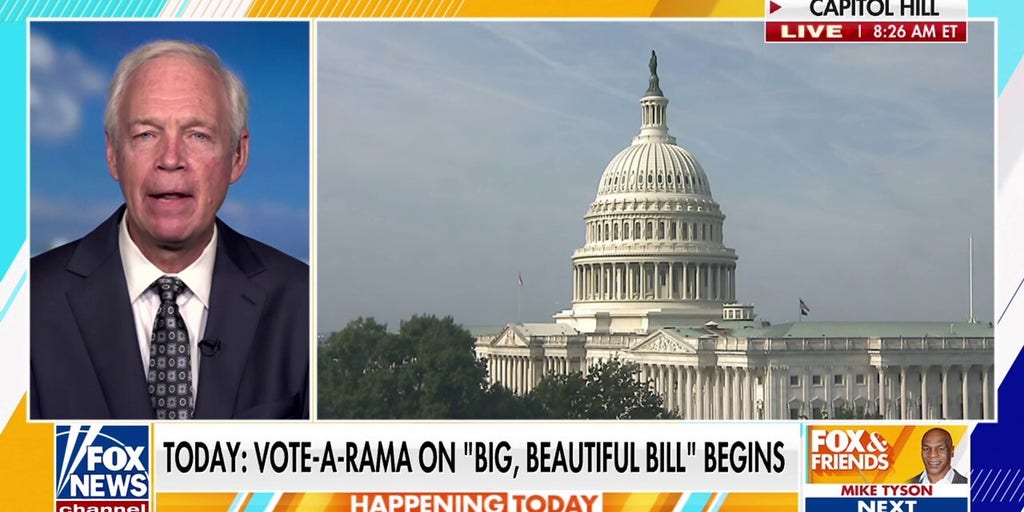
Intermediaries within the healthcare system—such as insurance companies, pharmacy benefit managers (PBMs), and large hospital networks—are playing a growing role in shaping medical pricing and treatment decisions. While designed to streamline the healthcare process and manage costs, these entities are often accused of driving up prices and interfering with crucial patient care choices.
One of the major concerns is that these middlemen can artificially inflate the cost of medical treatments by negotiating opaque pricing deals that prioritize profits over patient affordability. For instance, PBMs are responsible for determining which drugs are included in insurance formularies, a process that can influence both availability and cost for patients. Critics argue that PBMs often choose drugs based not on efficacy but on the rebates and discounts offered by pharmaceutical manufacturers.
Insurance companies also contribute to the complexity by approving or denying claims, setting coverage limits, and determining out-of-pocket costs for patients. Medical providers report that these bureaucratic processes often delay or deny necessary treatments, challenging doctors’ ability to make decisions solely based on patient health needs.
Additionally, large hospital systems that dominate regional markets can negotiate higher rates for services, which are then passed on to patients and employers through increased insurance premiums. This creates a cycle in which true competition is undermined, reducing the incentive for cost reduction and quality improvement.
As policymakers and stakeholders call for reforms, there is renewed focus on transparency and accountability in the healthcare supply chain. Proposals range from requiring greater disclosure of pricing agreements to strengthening regulations around PBM activities. Ultimately, advocates argue that reducing the influence of intermediaries could return decision-making power to doctors and patients, thereby improving both outcomes and affordability.
The debate continues as lawmakers, healthcare professionals, and consumer advocates seek ways to ensure that financial and administrative considerations do not outweigh medical necessity in the American healthcare system.
Source: https:// – Courtesy of the original publisher.








